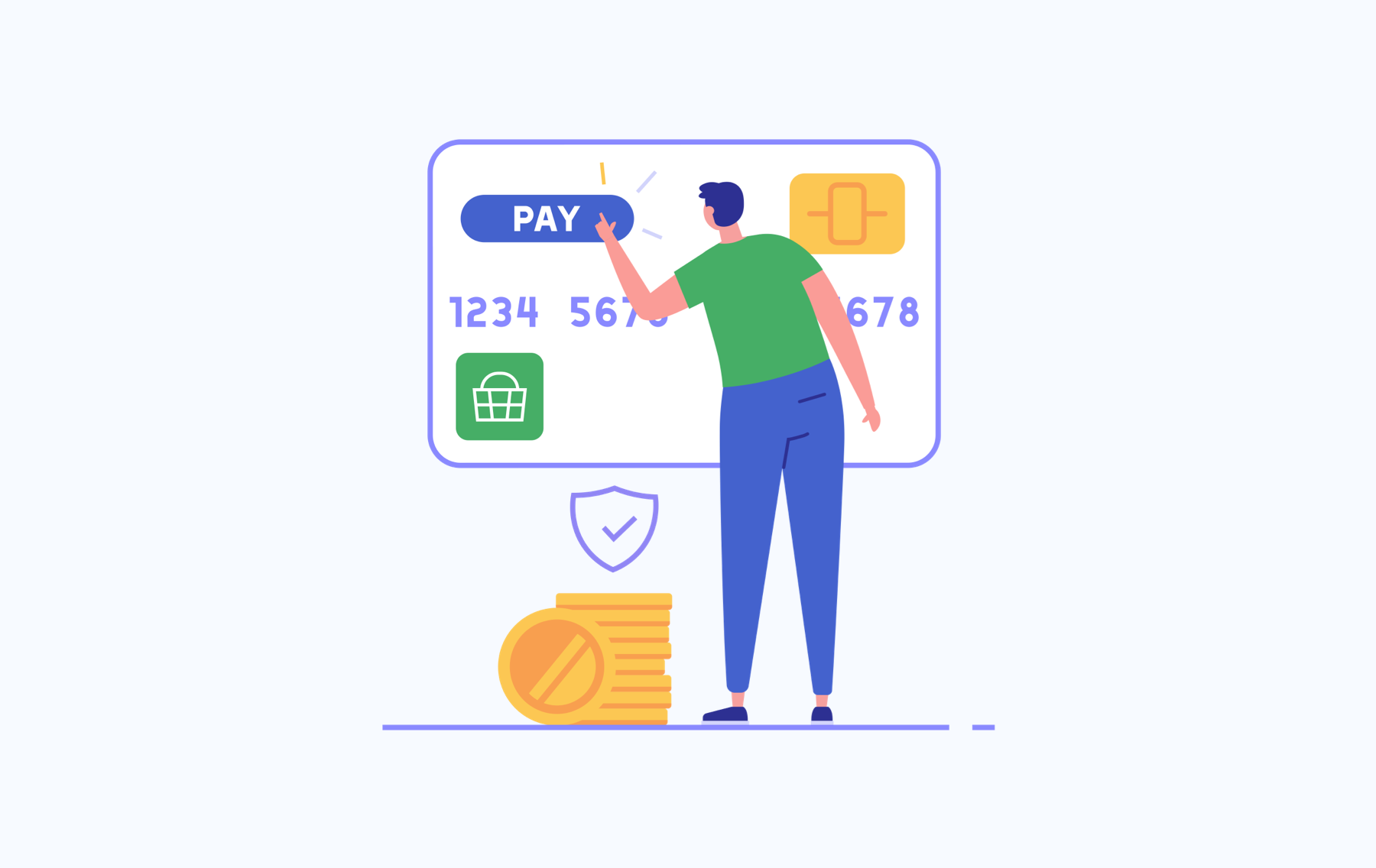OK! We live in a modern world where we can reach, solve or transfer almost everything. It is possible to order a Korean snack when you are in your slippers in Thessaloniki. Would you like to buy entry tickets to a seminar aired in San Francisco about new techs? All you need to do is click the Zoom icon on your desktop. Maybe you desire to pass your Friday night with a glass of wine and a streaming operetta from Teatro di San Carlo, Naples. You are the narrator of your life, and indeed, the excellent benefits of cutting technology serve its best to broaden our dreams and pleasures. But is it all sunshine and pink roses? Or does the ability to reach come with jeopardous consequences?
Every step you take online, whether it is a registration or purchase, is recorded somewhere. Even if you sign out, close your account or end your membership, your email address, probably your cell phone, and your full name is out there. Yet, unfortunately, our data never evaporates. Pretty disturbing, isn’t it? Considering how they can be used in malicious hands, leaving our traces on online platforms does not sound very wise. But how to protect ourselves from these possible dangers? How can we be invisible in our purchases? This is the very point when reloadable prepaid cards step in.
What is a Reloadable Debit Card?
Briefly, a reloadable card (prepaid card) can be defined as a “pay-as-you-go” plastic card you can use in your purchases. They are likely to be found at grocery stores, pharmacies, convenience stores, online shopping sites, and other retailers. The distinguishing difference between a bank debit card and a prepaid one is the bank account needed for a bank card.
For bank account holders, issuing banks provide a debit card that users can utilise to make purchases or withdraw cash at ATMs. The money comes right out of your bank account. However, on the other hand, a prepaid debit card is not linked to any bank account. Therefore, these cards limit their holders to exceed the amount of money they have loaded onto them.
How Reloadable Cards Work
Once you buy your prepaid card from a store or online, it is pretty downhill to start using them. Most of these cards come with instructions or QR codes prompting you to step forward. After activating the subject card, you can load it by phone, in-person, or through the deposit methods on the official website. At this point, it is significant not to share your card details and passwords with anyone. Another critical part is to double-check out where the card is accepted. Although most reloadable cards are issued in conjunction with the major credit and debit card networks (Visa, Mastercard, American Express), some can have slight differences depending on the region.
Additionally, every single reloadable card company imposes divergent limits on how much money holders can deposit to their balance daily, weekly, or yearly. There are also limits on how much they can spend or cash out in a single transaction or per day.
Consequently, reloadable prepaid cards are the most secure and easy way to move online with no footprints behind. In Jeton Wallet, we understand your rightful concerns and the priceless relief of being invisible in the digital world. Thus, we have launched our splendid prepaid card, JetonCash!
Purchase your JetonCash card from one of our various reseller sites and meet with significant advantages of payments on any website, online service, or betting site! Moreover, they come in a myriad of fiat currency options, including EUR, GBP, USD, INR, BRL, JPY, and others. Today is the day to step into the future of online payments with us! Welcome on board!



